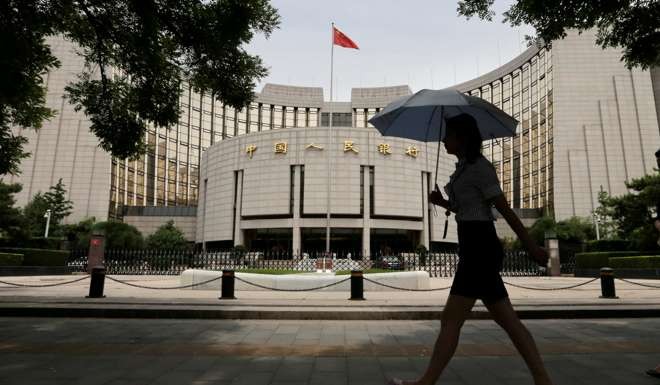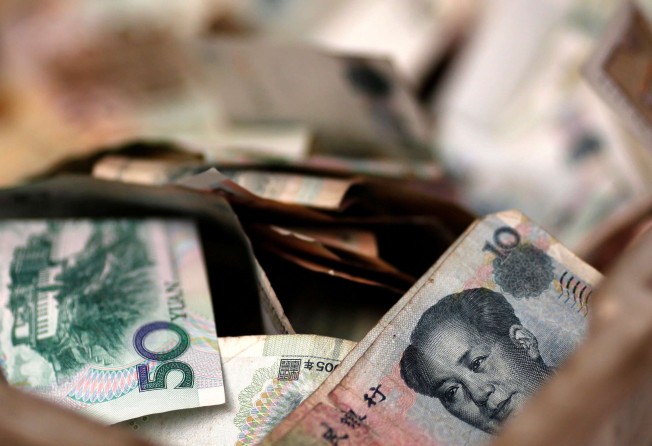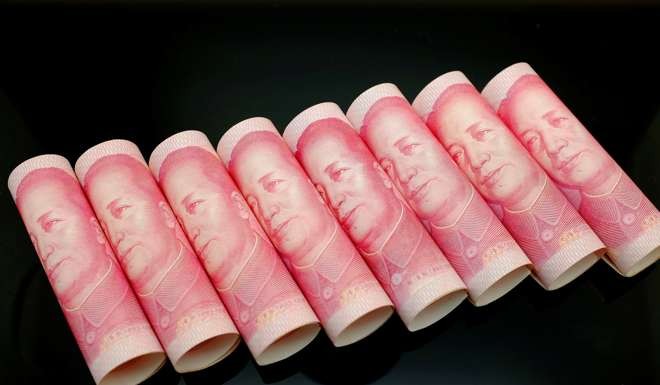
China’s central bank starts Year of the Rooster with ‘groundbreaking’ broad rise in money market rates
Move sends clear signal that Beijing is tightening its monetary policy in the face of pressures that are threatening to weaken the yuan

China’s central bank has surprisingly raised money market rates across the board on the first working day in the Year of the Rooster – sending a clear signal that Beijing is tightening its monetary policy in the face of pressures threatening to weaken the yuan.
In its open market operation on Friday, the seven-day repo rate, a major interest rate between the central bank and commercial banks in the interbank market, was increased to 2.35 per cent from the 2.25 per cent rate before the start of the Lunar New Year holiday; the 14-day and 28-day repo rates were also increased by 0.1 percentage points.

The People’s Bank of China said in a separate statement that it had raised the rates of standing lending facility (SLF) loans on Friday. The overnight SLF rate has been raised to 3.1 per cent from 2.75 per cent in January. Rates for seven-day and one-month SLF loans have also been increased.
Friday’s money market rate increase was unusual because money market rates tended to fall following past Lunar New Year holidays.
Such increases on financial institutions are similar to an interest rate rise because they will eventually be passed on downstream to corporate and household sectors.
Chinese banks lent money too aggressively in January, forcing the PBOC to take counter measures such as introducing a higher money market rate level to cool off the lending frenzy.

Zhang Xiaohui, an assistant governor at the central bank, wrote in an article in the latest issue of China Finance magazine that PBOC would be “more neutral and more prudent” in monetary policy in 2017.
The central bank would seek a balance between multiple policy objectives, namely “stabilising economic growth, improving economic structure, preventing asset bubbles and managing financial risks”, Zhang said.
China is expected to maintain an economic growth target of about 6.5 per cent this year after it secured a 6.7 per cent increase of gross domestic product on property and infrastructure construction boost and credit loosening last year.
As the US Federal Reserve is expected to increase interest rate further, China’s central bank is on high alert.
“The change [on Friday] is groundbreaking,” wrote Raymond Yeung, chief China economist at ANZ.
“[The] PBOC will adopt a flexible interest rate regime in 2017... and will change the onshore rates more frequently.”
The rate rise will accelerate financial deleveraging, a policy goal pursued by the Chinese government since August 2016.
At the Central Economic Work Conference in December, Beijing decided to make financial risk and asset bubble prevention a higher priority as the top leadership will be reshuffled at the end of this year.